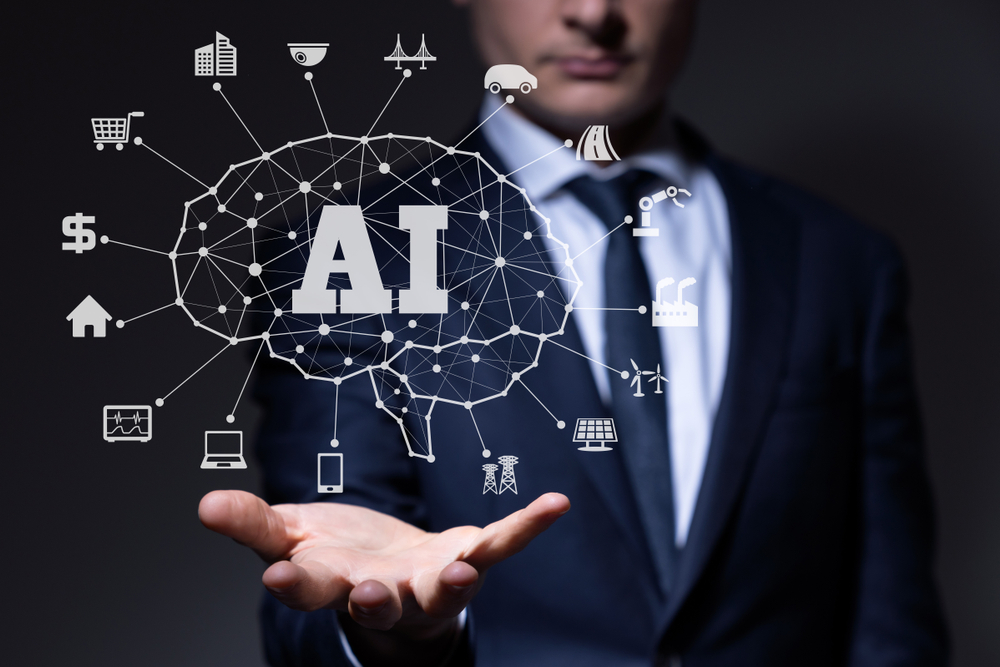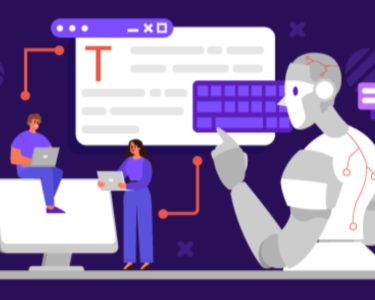
Artificial Intelligence in Business: Transforming Industries and Driving Growth
Introduction
Artificial intelligence (AI) is rapidly transforming every aspect of business, from operational efficiency to customer engagement. As AI-powered technologies become more sophisticated and accessible, organizations are discovering innovative ways to harness their capabilities to gain a competitive edge and drive growth.
AI Applications in Business
AI encompasses a wide range of technologies, including machine learning, natural language processing, and computer vision. These technologies enable businesses to:
- Automate repetitive tasks: Free up employees from mundane tasks, allowing them to focus on more strategic initiatives.
- Enhance customer experiences: Personalize interactions, provide real-time support, and improve product recommendations.
- Increase operational efficiency: Streamline processes, optimize supply chains, and reduce operating costs.
- Drive data-driven decision-making: Analyze vast amounts of data to identify trends, predict outcomes, and make informed decisions.
- Create new products and services: Innovate and develop AI-powered solutions that meet evolving customer needs.
Benefits of AI in Business
Adopting AI in business offers numerous benefits, including:
- Increased productivity: Automation and efficiency gains free up resources and increase overall workplace productivity.
- Improved customer satisfaction: Personalized experiences and real-time support enhance customer loyalty and satisfaction.
- Reduced costs: Automation and optimization reduce operating expenses and improve resource allocation.
- Enhanced competitive advantage: AI-powered technologies provide businesses with a competitive edge by enabling them to innovate and adapt more quickly.
- Data-driven decision-making: AI provides access to insights and predictions that help businesses make informed decisions based on data rather than intuition.
Challenges and Considerations
While AI offers significant benefits, it also presents challenges that businesses must consider:
- Ethical implications: Ensuring AI systems are fair, unbiased, and respectful of privacy is crucial.
- Data security and privacy concerns: AI systems rely on large datasets, raising concerns about data security and privacy protection.
- Job displacement: Automation may lead to job displacement in certain sectors, necessitating workforce retraining and upskilling.
- Implementation costs: Implementing AI systems can be costly, requiring investment in technology, infrastructure, and talent.
- Lack of understanding and expertise: Organizations may face challenges in understanding and implementing AI technologies effectively.
The Future of AI in Business
As AI technologies continue to evolve, their impact on business is expected to be even more profound in the years to come. Businesses that embrace AI early will be well-positioned to reap its benefits and drive innovation in their respective industries.
In the future, we can expect to see:
- More sophisticated AI technologies: AI systems will become more powerful and versatile, enabling businesses to solve complex problems and automate even more tasks.
- Increased adoption of AI across industries: AI will become mainstream in all sectors, from healthcare and finance to manufacturing and retail.
- Emergence of new AI-powered products and services: AI will drive the creation of innovative products and services that transform industries and improve our lives.
Conclusion
Artificial intelligence is revolutionizing the world of business. By harnessing the power of AI, organizations can gain a competitive edge, improve operational efficiency, enhance customer experiences, and drive growth. While challenges exist, the benefits of AI far outweigh the risks. Businesses that embrace AI early will be well-positioned to thrive in the digital age and beyond.


